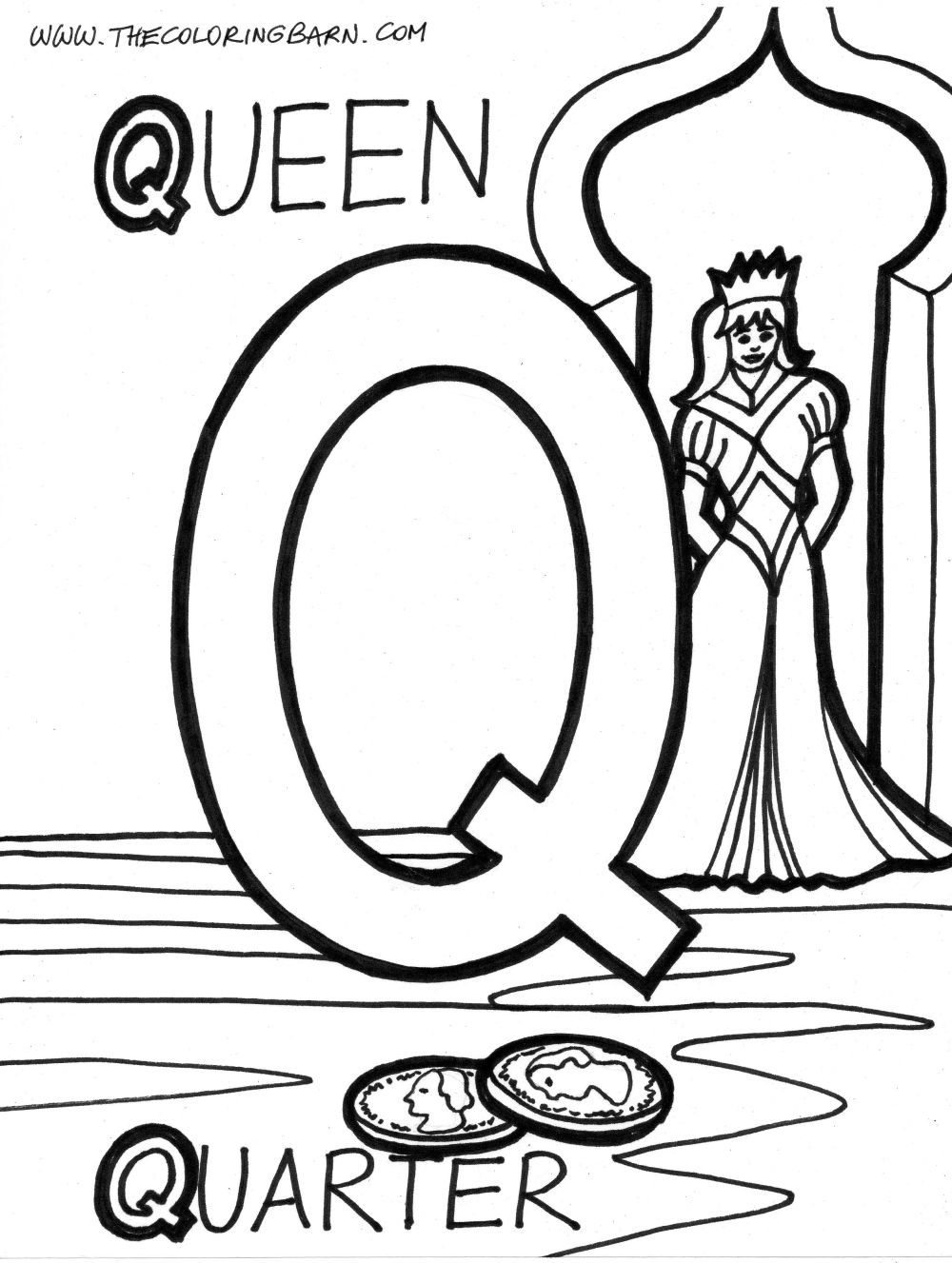Tonight, we spoke at semi-great length about the middle class, and about middle class Christianity. The main issue for us was, and is, that we tend, above anything else, to make God in our own image. That is, we tend to have a God who fits us, rather than seeing his words as required for us to fit. Now, this is an enormous problem for pretty much everyone ever, prince to pauper, and Jesus is just malleable enough for us to make him fit us all. Take, for example the following people
There is essentially no shortage of this, and this is essentially the default Christian perspective too. I hate to be this guy, but it is. What we have gone to great lengths to do is to have Jesus agree with us by whatever means necessary. He is seen by us as someone who will by definition almost always agree with us and where we are. But then who is Jesus anyway?
This is the last and greatest form of idolatry that exists in the world today, in that it takes God and empties him until he resembles an idol. Do you find it strange that Jesus Christ would be seen by Mahmoud Ahmedinejad, Richard Dawkins, Adolf Hitler and you as agreeing with them? Can he agree with all of you at the same time?
No. No he can't. He obviously can't. He can't hold those four positions in tension, agreeing with the man who sought genocide, the man who seeks genocide, the atheist who doesn't think he exists as God, and you. Impossible. But what people have confused, where they have gone off track, is where they assume that Jesus' unconditional love also equals unconditional agreement. And only one of those things is true.
Jesus, God, the Holy Spirit, they love everyone. They absolutely do. They have a love for all their children, not based on what they do, but based on their love for their children. If you have children of your own, or have been a child, then you'll know that it is perfectly possible for you to have parents who love you, though they disagree with the many and various decisions you've made. It doesn't mean they don't love you, but it does mean that they may find their love for you wrestling with their disagreements with what you do. This is key for understanding who Jesus is and what he does.
Think of the rich young ruler. When he approaches Jesus and asks 'Good Teacher, what must I do to inherit eternal life?' he does so intending to be justified by Jesus before any actual tips. Although Jesus is going to have some pretty tough stuff to say to him, the account of the encounter in Mark's gospel has an interesting detail.
'Teacher,' he declared, 'all these I have kept since I was a boy.'
Jesus looked at him, and loved him.
 Jesus looks at him and loves him. He then commands him to go and sell all he has, and give it to the poor. Do you see what's happening here? It's not that Jesus doesn't love this guy (he clearly does, and
Jesus looks at him and loves him. He then commands him to go and sell all he has, and give it to the poor. Do you see what's happening here? It's not that Jesus doesn't love this guy (he clearly does, and
And this is where we in the middle class are as relates to Jesus Christ. We tend to get very smug, and we tend to inquire of Jesus what we must do to inherit eternal life, expecting him to say only what we're already doing. And Jesus looks at us, and loves us. And then he tells us that he has given us blessings to be a blessing to others. He hits us where it hurts, and for us, it's usually in our comfort. For Ahmedinejad, it would be in the turning of the other cheek, for Dawkins, it would be in the humility and the faithlesness, and for us, it would be in the comfortable middle-classness. He is many and varied, that Jesus Christ, and he can and does hit us where it hurts. He is ever loving, ever forgiving, ever present and ever full of passion for his people.
But he is not ever condoning. If you read through the Bible, and can only see where Jesus agrees with you, then read it again. He looks at you and loves you, but he wants to forgive you of all your nonsense, of which there is plenty. Recognizing that is key to understanding the work that Jesus does, to forgive not only the stuff you do, but to deal with all the stuff you don't do. To deal with the fact that you are not in line with what he says about the kingdom of God.
And now you know. And knowing is half the battle. And the other half is grace.
PJ.

































